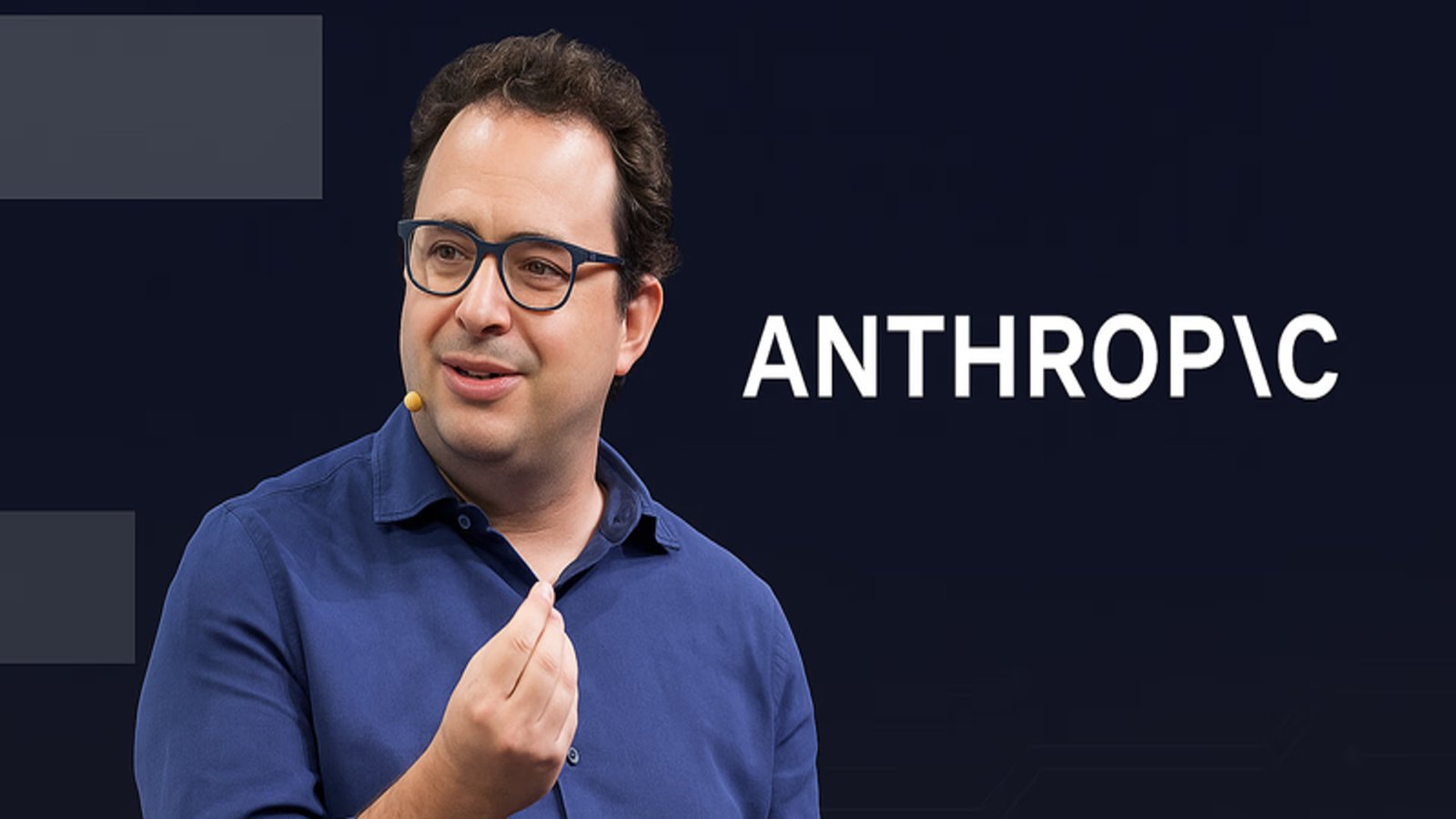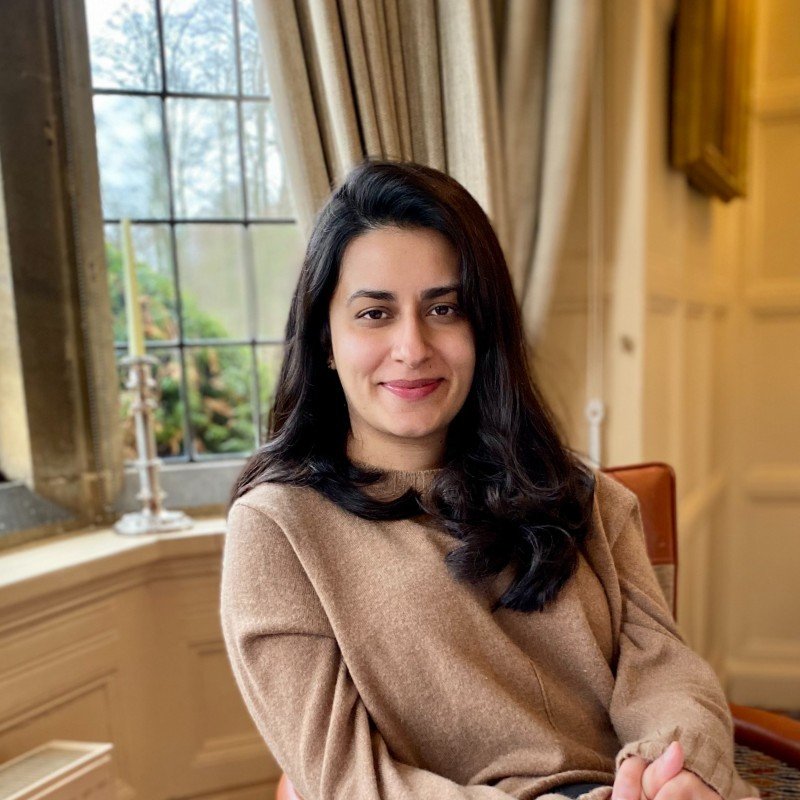On August 27, 2025, Anthropic PBC reached a settlement with book authors in a class action copyright lawsuit, ending what had become one of the most closely watched AI copyright cases in federal court.
However, on September 8, 2025, Judge Alsup postponed preliminary approval of the settlement, expressing concern that the agreement was incomplete and that class lawyers were striking a deal that would be imposed on authors without proper consideration.
This marks the first major settlement effort in the ongoing wave of AI copyright litigation, highlighting fundamental tensions between technological innovation and intellectual property rights that continue to divide federal courts. Ronin Legal takes a closer look.
Bartz V Anthropic
The lawsuit, filed in 2024 by authors Andrea Bartz, Charles Graeber, and Kirk Wallace Johnson, alleged that Anthropic used millions of digitized copyrighted books to train the large language models behind their Claude chatbot without authorization. The authors characterized Anthropic’s conduct as large-scale theft, claiming the San Francisco-based company sought to profit from exploiting human expression and ingenuity.
Judge Alsup’s June 2025 ruling in Bartz v. Anthropic delivered a mixed verdict that distinguished between AI training practices and data acquisition methods. While finding that Anthropic’s use of copyrighted books to train Claude constituted fair use, Judge Alsup ruled that the company’s downloading of millions of books from shadow libraries like LibGen constituted copyright infringement, rejecting Anthropic’s research purpose defense.
The court certified the case as a class action in July 2025, with trial scheduled for December 1, 2025. The settlement terms, disclosed on September 5, 2025, required Anthropic to pay $1.5 billion to the certified class of approximately 500,000 works, representing $3,000 per book.
The terms mandated that Anthropic destroy all pirated copies obtained from shadow libraries LibGen and Pirate Library Mirror, with additional payments of $3,000 per work if the final book count exceeded 500,000.
This settlement would have constituted the largest publicly reported copyright recovery in U.S. history. However, at the September 8 hearing, Judge Alsup postponed preliminary approval pending submission of further clarifying information, ordering the parties to file final versions of the Works List and Class List by September 15. The judge expressed concerns about the settlement’s transparency and warned he may proceed to trial.
Kadrey V Meta: A Comparison
The facts of the Anthropic case are very similar to those in Kadrey v Meta, a case filed in the Northern District of California by thirteen authors including Richard Kadrey, Sarah Silverman and Ta-Nehisi Coates against Meta Platforms Inc. for downloading their copyrighted books from many of the same online shadow libraries implicated in Bartz v. Anthropic, and using these pirated works to train Meta’s Llama large language models without authorization. In the discovery phase of the case, internal Meta messages revealed that the company used pirated datasets with copies of 7.5 million pirated books and 81 million research papers.
While the facts in both cases are nearly identical, the judicial approaches in the two cases to the fair use doctrine diverged significantly.
Judge Chhabria in Kadrey v Meta treated the downloading and training as components of a single, highly transformative use. He reasoned that Meta’s acquisition of copyrighted works could not be evaluated separately from their ultimate purpose in developing Llama’s capabilities.
In contrast, Judge Alsup in Bartz v. Anthropic applied a more granular analysis. He distinguished between two separate uses, which were Anthropic’s creation and indefinite retention of a permanent, general-purpose research library of pirated works, and the subsequent selection of specific materials for AI training purposes. Judge Alsup held that while the training use was transformative, building and maintaining a comprehensive repository of unlawfully obtained works constituted a distinct, non-transformative use that could not be justified by the eventual training application.
In Kadrey v Meta, Judge Chhabria noted that while the authors’ strongest potential theory lay in demonstrating market dilution and harm to emerging writers, they failed to present adequate empirical evidence of actual market harm. Instead, they focused on weaker theories about potential regurgitation of their works and hypothetical licensing market disruption. This evidentiary failure proved fatal to the Kadrey plaintiffs.
In comparison, the Bartz v. Anthropic authors succeeded by identifying Anthropic’s clear-cut infringement in building its pirated library, which required no complex market harm analysis or fair use balancing.
However, Judge Chhabria’s judgment is not a broad vindication of scraping – it is quite the opposite.
J. Chhabria’s Conflicted Judgment
J. Chhabria emphasized in his ruling that his decision was not a broad precedent applicable to all similar cases. He clarified that although the devil lay in the details, in most cases involving uses like Meta’s, the answer to whether such conduct was illegal would likely be yes.
He also noted that in many circumstances, copying protected works to train generative AI models without permission would be illegal, because copying the protected works, no matter how transformative, involved the creation of a product with the ability to severely harm the market for the works being copied and thus severely undermine the incentive for human beings to create.
This debate also connects to broader regulatory frameworks like data protection law, which intersects with copyright, privacy, and AI governance to shape how technology companies balance innovation with compliance.
In his ruling, Judge Chhabria explained that his decision focused less on the fair use defense for using pirated books to train AI models and more on the shortcomings of the plaintiffs’ arguments. He had “no choice but to” grant summary judgment to Meta in light of such shortcomings, he appeared to lament. He took pains to point out that the case was not a class action, and therefore the ruling only affected the rights of the thirteen plaintiffs and not the countless others whose works Meta used to train its models.
Most significantly, J. Chhabria explicitly stated that his ruling did not stand for the proposition that Meta’s use of copyrighted materials to train its language models was lawful, only that the named plaintiffs in Kadrey v Meta made the wrong arguments and failed to develop a record in support of the right one.
In a potentially related development, the U.S. Copyright Office published a preliminary version of its much-anticipated report on AI and copyright law in May 2025. This document found that using copyrighted content to train AI models without consent was probably not covered by fair use.
This report appeared mere days before President Donald Trump dismissed the office’s director, Shira Perlmutter.
Implications For the AI Industry
The Anthropic settlement attempt and Kadrey v. Meta decision establish important precedents. For AI companies, both decisions confirm that transformative AI training may qualify for fair use protection, but neither provides blanket immunity for questionable data acquisition practices. Legal compliance requires careful attention to both training methodologies and source material procurement.
For content creators, market dilution theory provides a viable avenue for challenging AI training when supported by substantial empirical evidence. Future plaintiffs must develop comprehensive economic analysis demonstrating how AI-generated content affects specific markets and authorial incentives. For organizations navigating these challenges, working with the best ai lawyers ensures that both litigation risks and compliance obligations are addressed with strategic foresight.
Authors: Shantanu Mukherjee, Alan Baiju














































